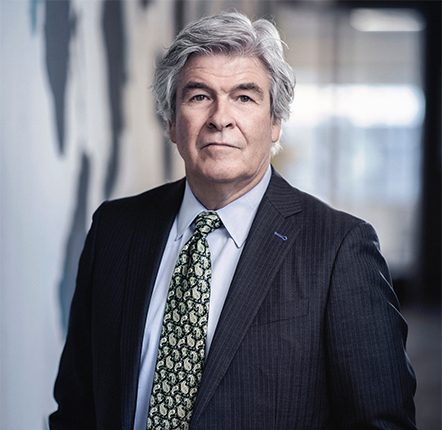What Is the Monell Doctrine?
 The past year has seen a spate of police officer-involved shootings and wide public allegations of nationwide police misconduct. Discussion around accountability for law enforcement tends to come back to the issue of reforming or eliminating qualified immunity, a legal doctrine that often shields police officers from liability in lawsuits. In some cases, however, victims of police misconduct may be able to seek justice through another avenue.
The past year has seen a spate of police officer-involved shootings and wide public allegations of nationwide police misconduct. Discussion around accountability for law enforcement tends to come back to the issue of reforming or eliminating qualified immunity, a legal doctrine that often shields police officers from liability in lawsuits. In some cases, however, victims of police misconduct may be able to seek justice through another avenue.
The Monell doctrine was decided in Monell v. Department of Social Services of the City of New York (436 U.S. 658 (1978)), and gives victims of police misconduct a way to seek recovery in civil lawsuits.
Under the Monell doctrine, a municipality may be held liable for an officer’s actions when the plaintiff establishes the officer violated their constitutional right, and that violation resulted from an official municipal policy, an unofficial custom, or because the municipality was deliberately indifferent in a failure to train or supervise the officer. However, this narrow interpretation may not benefit all plaintiffs.
Put in simpler terms, what this means is that cities may be responsible for their employee’s behavior only when their employee is acting through an official government policy. The plaintiff is suing a municipality for implementing customs or policies that caused the unconstitutional behavior, not suing the municipality for the employee’s actions.
A recent article in Slate points out this standard can create injustice. “Cities are not likely to have official policies condoning law enforcement misconduct. So, to hold a city responsible, a victim must prove the misconduct was so regular as to become a de facto city policy. This bar is impossible to clear in most cases; where the burden can be met, the damage will already have been done.”
The article points to a case from 2019 where the U.S. Court of Appeals ruled that the City of Memphis was not liable for the police shooting of an unarmed black man. By applying the Monell doctrine, the court determined that the city was not liable because Memphis police officers don’t use excessive force enough for it to be considered a policy or custom.
In their lawsuit against the four police officers involved in his death, George Floyd’s family is also invoking the Monell doctrine, taking legal action against the City of Minneapolis for unconstitutional policies and practices. Unfortunately, for all victims of police brutality, it will be too late.
If you are a victim of police misconduct
If you have suffered mistreatment or brutality at the hands of police, contact an experienced attorney as soon as possible. Often, these cases are difficult – but not impossible – due to issues like qualified immunity or a previous criminal history. The sooner an attorney gets involved, the better the chance for a positive outcome. Police misconduct can include:
- Excessive force
- False arrest and illegal detention
- Illegal search and seizure
- Misuse of police dogs
- Unjustified use of deadly force
The police misconduct attorneys at Taylor & Ring protect your constitutional rights and seek justice on your behalf. We can, and will, help. To arrange a consultation with an experienced attorney, call our Los Angeles team at 310-209-4100, or fill out our contact form.
Related Articles
- Police Pursuits Place Innocent Bystanders at Risk
- John Taylor Obtains $2 Million Settlement for Family Whose Loved One Was Shot and Killed by LA Police
- Transparency in Police Conduct Laws Now in Effect in California
- Attorney Neil Gehlawat Speaks with USA TODAY about “Spit Hoods” and Police Misconduct
- When the Police Are the Offenders
Taylor & Ring offers comprehensive counsel to clients throughout California, and has the means to travel to meet with clients far outside the Greater Los Angeles Metro Area. To learn more about our services, please contact our lawyers serving:

John C. Taylor is one of the most accomplished and nationally recognized trial lawyers in California. The broad variety of cases he has tried during his career is matched by few attorneys, trying more than 125 cases to verdict, including: police shootings and civil rights, sexual abuse, serious personal injury, wrongful death, products liability, insurance bad faith, and employment.
Read more about John C. Taylor.

